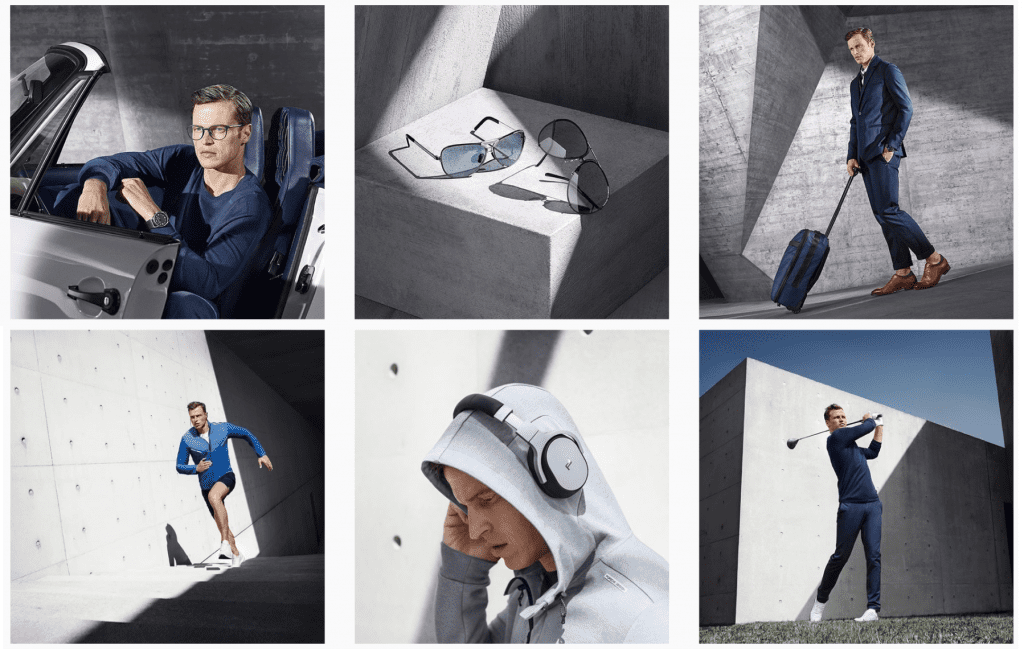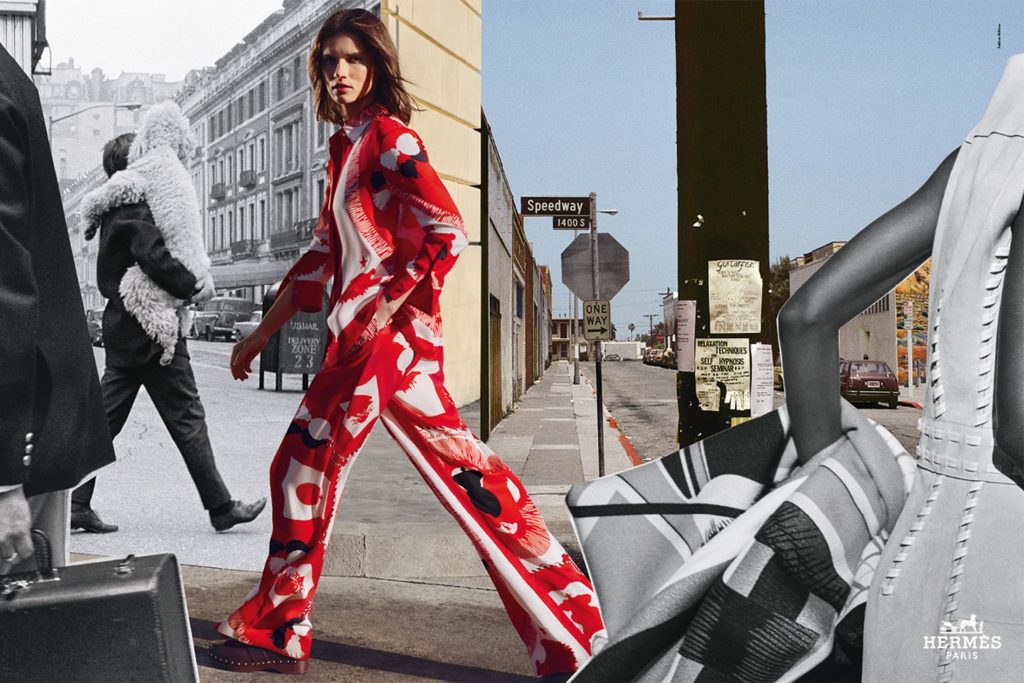Nestled in between the seasonal runway shows of designers to the stars, such as Oscar de la Renta, Ralph Lauren, and Marc Jacobs, and budding young domestic talents, was, for several years, an interesting name, one that was less associated with high fashion than it was with fast cars. Porsche Design. While the brand has been offering up products without four wheels for decades in Europe, Americans – despite the routinely positively reviewed collections – were never able to “get over the fact that Porsche Design is not about cars, but instead about clothes,” as noted in Vogue Runway’s review of the German car-brand slash fashion-brand Fall/Winter 2015 collection.
Porsche Design’s offerings have evolved quite a bit over the years. In lieu of the Pierre Costin-created minimalist Japanese-inspired frocks and statement-making outerwear that were shown on the runway, the brand has opted for to focus almost exclusively on activewear and premium- but-straightforward apparel, such as polo shirts, v-neck sweaters, i.e., things for its customers to wear while driving their Cayennes or 911s.
There are also a whole lot of accessories – from eyewear and luggage to sneakers, at least some of which come from a newly-hatched partnership with Puma.
In furtherance of the Puma deal, which was announced last month, Porsche Design and Puma “hope to attract some of the car brand’s big spending customers,” per Reuters, and they are hardly the only ones doing so. The latest Porsche Design venture comes as part of a larger trend among high end car manufacturers, which, as a whole, have turned their attention to apparel and accessories over the years, in an effort to cater to their customers between car purchases and pad their bottom lines.
As the New York Times wrote in 2015, “Several luxury automakers, including Bentley, have been expanding the lines of goods they sell that have little to do with cars. [In February 2015], Bentley, a British brand, announced its fifth men’s fragrance in the last two years.” Similarly, the paper’s Rebecca Ruiz noted, Ferrari – one of the first bona fide modern luxury brands – “stamps its prancing horse logo on Tod’s loafers, Oakley sunglasses,” and other products as part of its partnerships and 60-plus license deals, the latter of which see third party manufacturers manufacture and market products with the Ferrari name and logo on them.
As of 2015, Maranello, Italy-based Ferrari was bringing in a reported $2.6 billion in annual sales from licensed merchandise, alone, ranking in the number 23 position on the list of top global licensers of all companies – not just car manufacturers.
Meanwhile, “Lamborghini, Maserati and Tesla offer leather goods, from briefcases to bracelets.” Still yet, Aston Martin’s CEO Andy Palmer has spoke of his plans to turn the James Bond-favored car company into a luxe lifestyle brand, saying in 2017 that categories “such as clothing, are big business for luxury car makers with enviable brands.”
Car brand as lifestyle brand? It is not a completely outlandish idea. While the average consumer is becoming increasingly less loyal to specific brands, luxury car buyers tend to be both loyal and enthusiastic – and almost always have a whole lot of money to throw at their car-maker of choice. In this vein, not only do these “brand extensions by luxury automakers [enable them to] maintain customer loyalty between car purchases,” according to Ruiz, they also help brands to plan ahead by potentially capturing “aspirational buyers years before they can afford the cars themselves,” not terribly unlike how Louis Vuitton and Chanel court younger shoppers with their own entry-level offerings.











